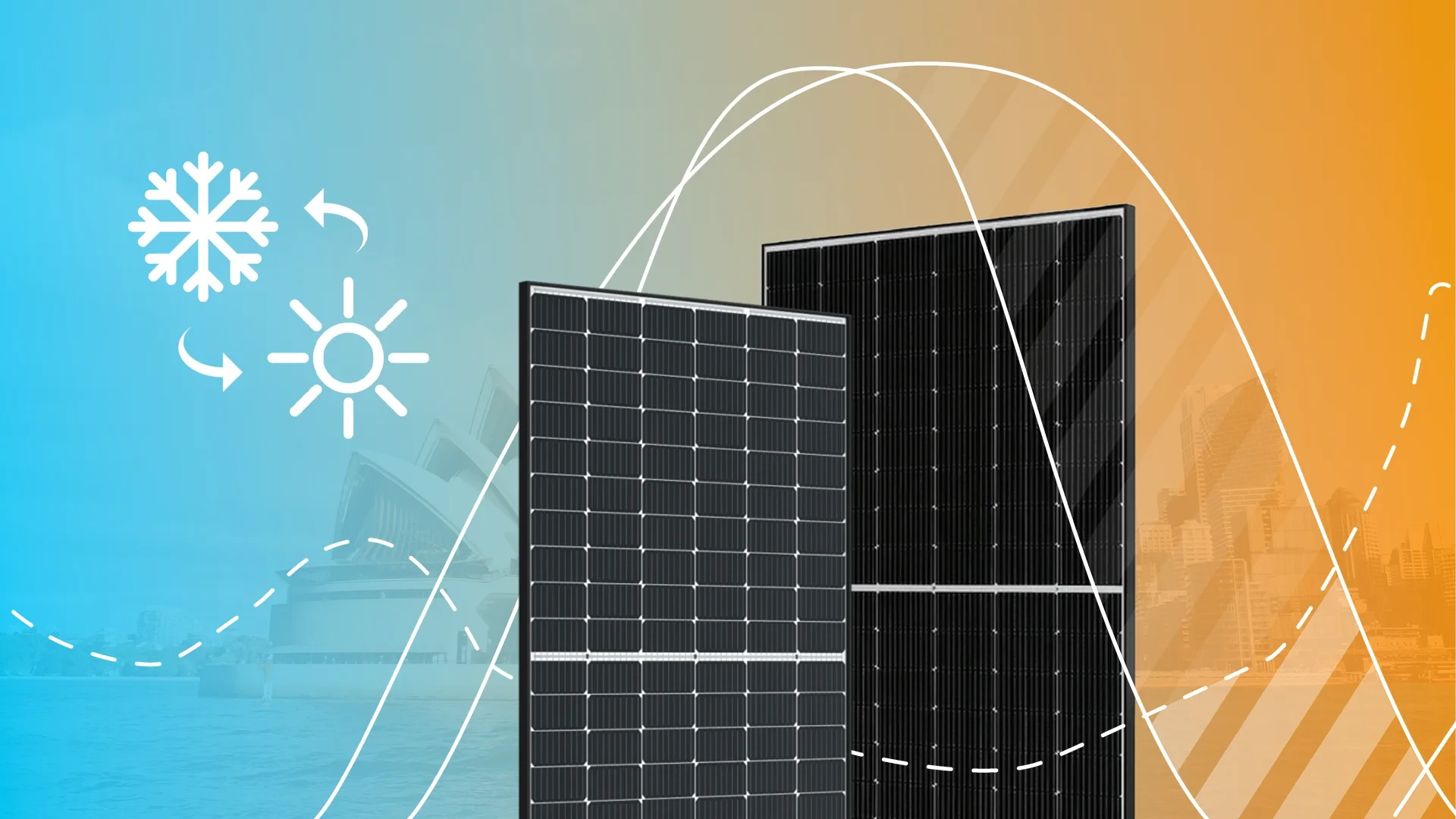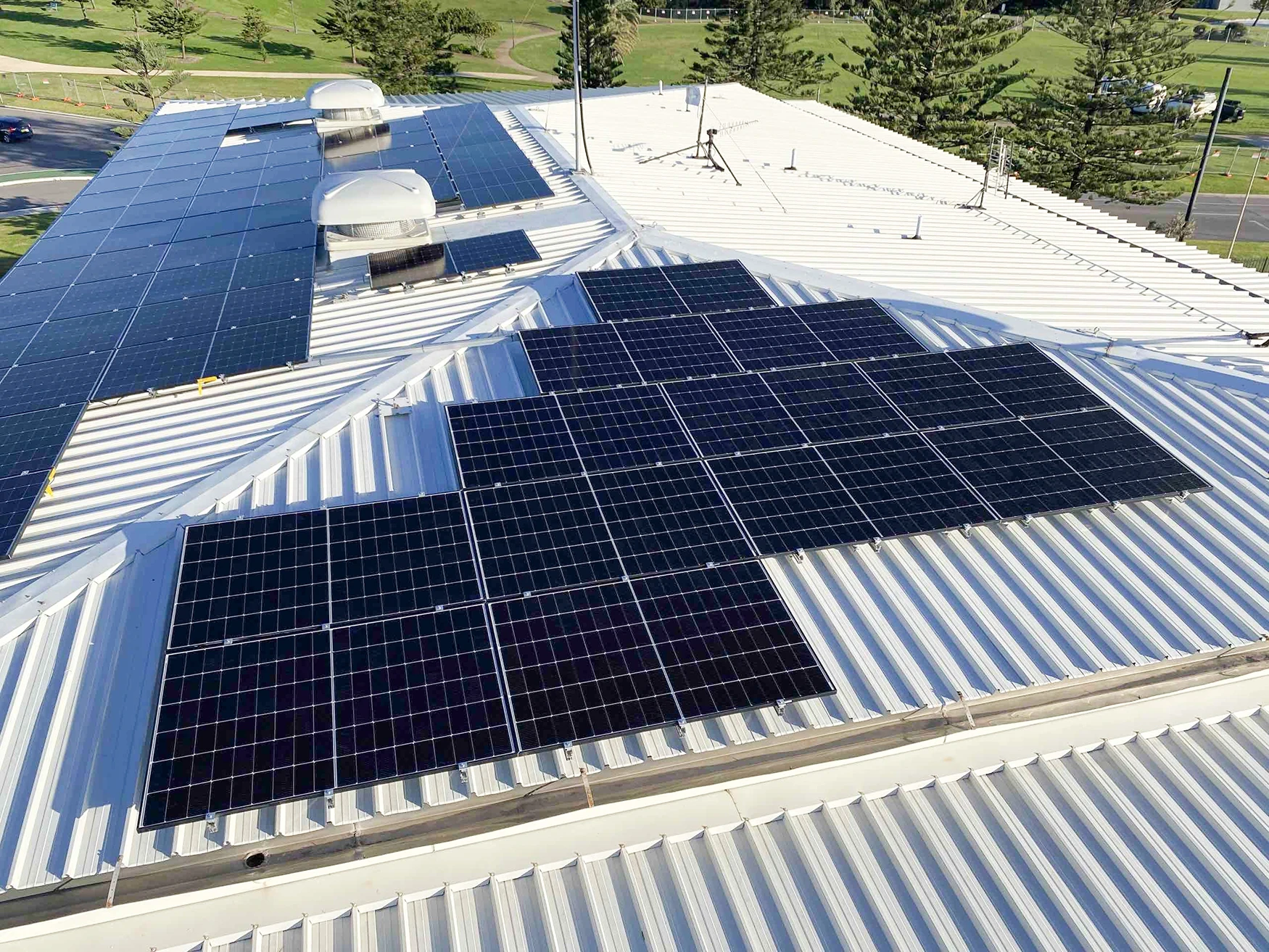The NSW Battery PRDS Incentive is Now Available
The NSW Battery PRDS Incentive is Now Available
Posted 20 Dec
If you’re considering solar power for your home or business, you may be wondering what goes into the installation of a solar system in the
Newcastle and Hunter region: “Who installs the solar panels? How are they installed? How long does it
take?”
Great news! - Unlike The Pyramids, we can tell you exactly how your Elite Power Group solar installation will go, and understand how solar
panels are installed, step-by-step.
After your enquiry, our accredited solar designers will apply your installation requirements to an optimal solar design that will often include variations to account for budget flexibility and system performance requirements. After you have paid your 50% invoice, there are a few steps that our team must complete before your physical installation can begin.


Unless you have chosen to disconnect your property from the grid, it is our responsibility as your installers to inform the DNSP for your area (Ausgrid, Essential Energy, or Endeavour Energy) that we are altering your property’s generation to the grid. This involves a strict application process, that requires information such as your NMI (National Metering Identifier) and any existing solar/batteries that you own.
Once we have received permission from the DNSP to install the proposed embedded generation (solar) or battery modules, our supplier relations team will order the products that you have chosen. We only partner with companies we trust, so you can be confident that your system is made up of high-quality products.


Our team will now set up your job with an STC trading partner. This third-party company – our preference being GreenDeal – helps solar installers to comply with the government requirements in order to receive a Small-scale Technology Certificate (STC). This government initiative for residential and commercial solar helps renewable energy to be more affordable for the consumer! We deal with the STC trading on your behalf to save you the hassle, the resultant discount being factored-in to your original quotation.
Our scheduler will contact you to organise an installation date that is ideal for you/your business and our busy solar installers!


Finally, in the lead-up to your installation date, our technical team will conduct a full Technical Review of your installation. This involves poring over the various information collated about your system and property collated during the original site inspection, product datasheets, proposed system layouts and consultation with the assigned solar installer.
Your physical installation is now ready to proceed! All this preliminary work contributes to a smooth, compliant installation and sets you up for optimal solar energy production.
On your scheduled installation day, the installation crew will arrive at your property with the helping hands and gear needed to complete the job. One of our qualified Tradespeople will speak to you or a trusted party about any site-specific details (locked gates, pets, previous damage to roof/property). This is a great opportunity to raise any questions or concerns about the physical installation, as once work commences, the team will be busy perfecting your solar set-up!


Our team’s initial setup includes all the required safety equipment and systems that will ensure maximum protection for our team, you, your home or business, and anyone else who may come into contact with the site. This includes installing fall-safety equipment such as Edge Protection, anchor points and harnesses, and tying-off the ladder access point. Our teams are fully qualified in Working at Heights, and the Tradesman is a qualified WH&S supervisor that will ensure complete safety for anybody around site.
The first part of the solar system that we install is the racking. We primarily use Clenergy PV-ezRack, an interlocking racking system that binds your panels to the roof face. This allows the panels to stand firm against strong winds, to ensure longevity.


Next-up is roof penetration. Before panels can be installed, a small, precise hole must be cut into the roof under where the panel array will be laid. This allows the necessary cabling to be fed safely from the panels into your insulation and, eventually, to your inverter. Don’t worry! We use conduit and a sealing product called a Dektite to ensure that the hole is fully sealed underneath the panels, once the cabling has been run.
The crew can now lift your panels onto the roof, lock them into the racking system, and connect the panel cabling. Panel individual cabling are connected to allow the entire array to be energised together. This process also involves the installation of Disconnection Points, the most modern safety device that allows the panels to be isolated from the inverter if any maintenance is required, keeping our technicians safe.


The Installer then hangs (places) your inverter in the designated position. This spot is usually decided by consulting with our technicians to determine the most efficient cable route, while also engaging with your thoughts regarding the most optimal and discreet location on your property.
Next is the connection of your inverter to the panel cabling that has been run through the wall. Our Installers are experienced in ensuring that wall penetration is neat and tidy, our flex conduit and cabling providing a polished final product. The inverter can now be powered on and connected to Wi-Fi, provided there is a stable connection at the inverter station.


Our teams pride themselves on leaving your site clean and tidy after an installation is completed. Any rubbish or debris will be disposed
of, and no tools or extra materials will be left on your premises.
That concludes your physical installation by our Installers! After you have paid your final invoice, there are a few extra administrative
steps our team can perform that will finalise your solar set-up.
Now that you have solar, we need to inform your energy provider of the changes to your electricity set-up to ensure that you receive the feed-in benefits of connecting your solar system to the grid. Our administration staff will complete some paperwork – called a Service Works Request (SWR) – that may require your signature before sending it to your provider (eg. AGL, Energy Australia, etc.). This company may determine that a new smart meter is required to accurately read the solar output at your property and will contact you to organise this installation should it be necessary.


After your solar has been fully installed and commissioned, we are required as your installers to detail the size and type of products that our team has connected to your property. This is required under the Australian Energy Market Operator (AEMO), who track energy alterations nationwide.
As our final step, we will send you a full Owner’s Pack for your system – this includes including rebate summaries, operation manuals, important safety information, recommended maintenance, and warranty documentation for Elite Power Group workmanship AND the products that we have installed at your property. These packs can be quite dense, but it is important to keep these files handy in case they are required in the future.

We are confident that you will be satisfied with the work of our solar installers. That’s why we offer a full 10-year warranty on all Elite Power Group workmanship and products.
Both commercial and residential properties will have different aspects to their solar installations and different installation methods that
can depend on your property’s features such as; metal vs. terracotta roofing, roof orientation and tilt, rebates etc. We take all of this
into account to ensure your property is complimented by the most optimal solar solution possible, keeping your house energised by
sustainable energy.
Systems with solar battery storage involve a few different and extra steps to facilitate their connection.
With over 20 years’ experience in the electrical industry, we feel we are more than qualified to help you and your property find its ultimate solar generation potential with the latest, most efficient technology.
Our primary goal in our installations is to deliver tailored, quality electrical and renewable energy solutions that generate a positive customer outcome.

Explore how daylight savings and seasonal changes during winter and summer can affect your solar panels performance and solar generation in NSW, Australia.

Are you maximising your solar energy production? Explore ways to improve self-consumption, and accelerate returns and benefits in NSW with solar tariffs.
Leave a Comment